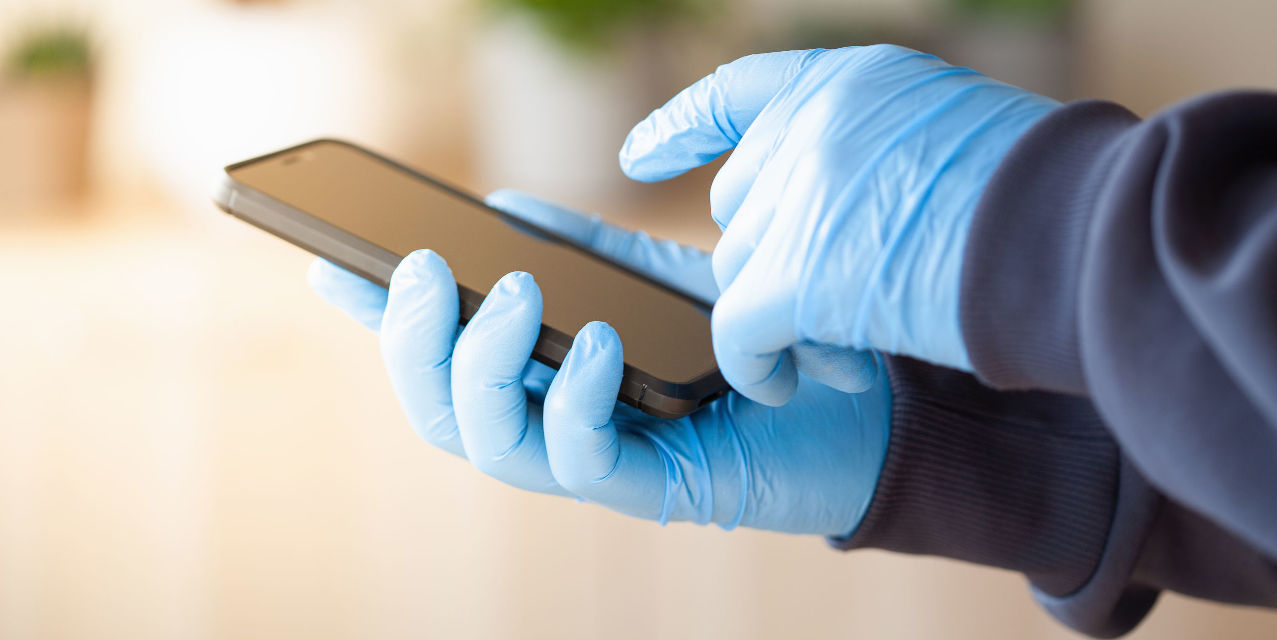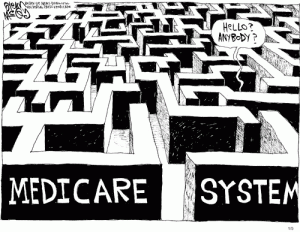By Elizabeth George
For many of us non-digital natives, COVID-19 forced us into greater use of technology and helped illuminate its benefits more clearly.
And it’s safe to say we won’t be returning to all of our analog ways when this crisis passes.
The “we” also includes the senior housing industry, which hasn’t exactly been known as an early adopter. But with COVID-19, communities have leveraged technology in several ways. For medical services through telehealth and for engagement by delivering programming directly to residents’ computers and mobile devices, to name a couple. Our most important stakeholders – families and residents – won’t be going back either.
That doesn’t mean things are going to change overnight, however.
Part of the issue has to do with mindset, sure, but it also has to do with a pragmatic focus on business sustainability – where will communities see the return on investment in tech?
What About Staffing?
Can technology play a role in solving seemingly intractable staffing challenges?
For many years, the industry has been dealing with the formidable challenge of attracting talented people to the industry and keeping them with us. With COVID-19, there are certainly more people available to work in our communities but, concurrently, there are also more people fearful of coming to our workplaces.
Beyond continuing the work towards paying higher wages and building positive cultures to attract and retain talent, some communities are beginning to use tech to drive greater staffing efficiencies, improve engagement, and help communities make smarter decisions.
That’s sure to grow even faster now.
I talked to RCare, a global provider of wireless nurse call systems and personal emergency response systems (and Senior Living Foresight partner), about how clients are leveraging the RCare system to help in all of these areas.
One client seeing the benefits is Fellowship Square-Mesa, a community that’s part of the largest not-for-profit senior living organization in Arizona.
“RCare helps me in my staff ratios and in all types of processes,” says Tawnya Christensen, Assistant Living Director, “especially in the assessment of residents.”
Each day, Tawnya accesses reports that give her insights into resident behavior changes, which can indicate a need to adjust an individual’s level of care.
“If a resident begins pressing their button more frequently, then it can signal that a change in service level is needed. Sometimes that’s also the case when residents decrease the use of their button,” says Tawnya. “The data and reporting I get from the RCare system highlight meaningful behavior changes and overall, it helps us be more proactive with residents and to staff for and deliver the right care level. It also enables residents to be better advocates for themselves.”
Gaining Efficiencies
Other RCare clients have gained staff efficiencies from a more organized response to resident calls. Before the implementation of RCare, a resident call could routinely be answered by multiple care staff, all converging in a resident’s room at the same time. RCare’s system eliminates this by alerting staff through their devices when a call has been made, how long it’s gone unanswered, and who’s available to help.
One person responding to one call. Unless a team member needs an assist from a co-worker.
The system is also adding value to the process of capturing services delivered both in terms of time saved and accuracy. RCare provides the tools to capture all services at the point of care, meaning that care staff are no longer spending time later in the day trying to remember what they delivered hours earlier. This helps with billing and also benefits communications with family members.
Finally, RCare’s dedicated smartphone, the Rugged RPhone, allows integration and hosting of third-party apps into a single caregiving device, including security camera control, access control, and timekeeping.
“RCare enables me to do person-centered care at its finest,” says Tawnya.
As the industry seeks to speak to its value in new ways, technology will be a greater part of that conversation with residents, families, and the essential staff we need to care for them.
For information on RCare, visit their website.








